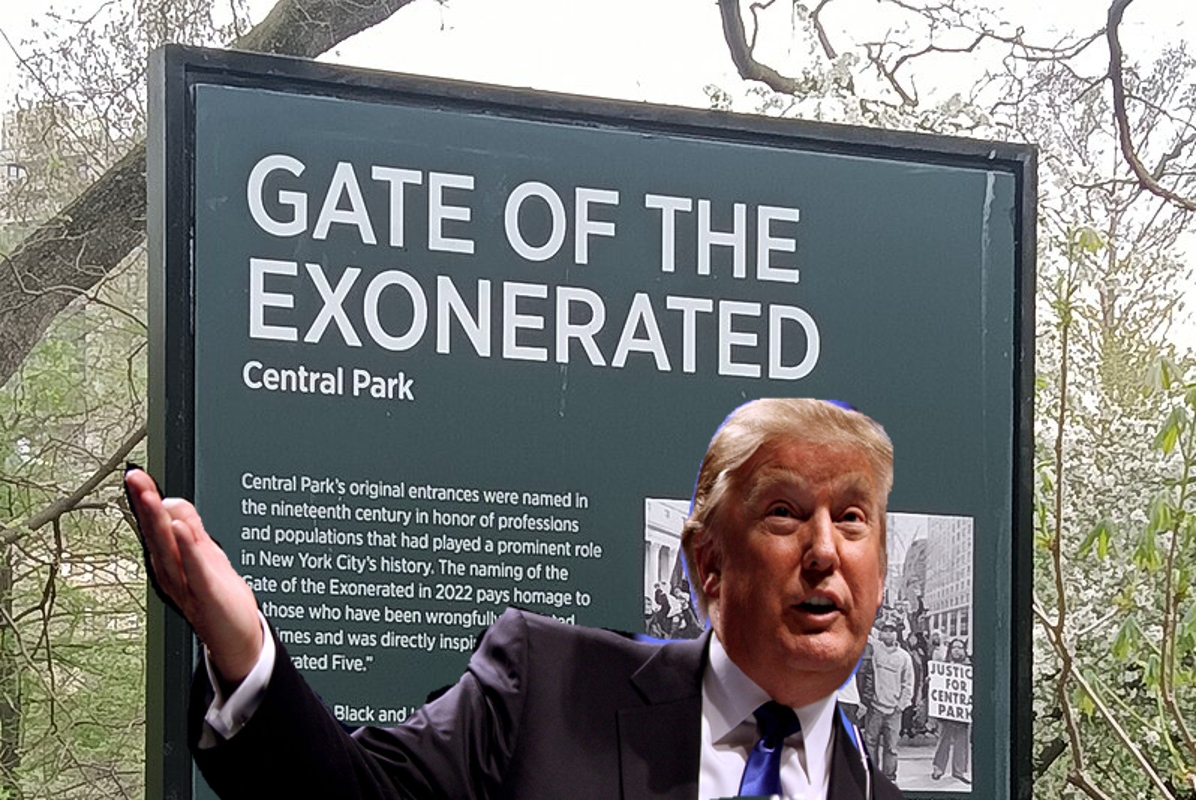In a heated moment during Thursday’s debate with President Biden in Atlanta, former President Donald Trump sparked controversy by using the phrase “Black jobs.” This statement has not only left many Black Americans questioning the meaning and implications of such a term but also reignited discussions about Trump’s history of racism. Trump’s comments came as he criticized Biden’s immigration policies, claiming they were detrimental to Black employment.
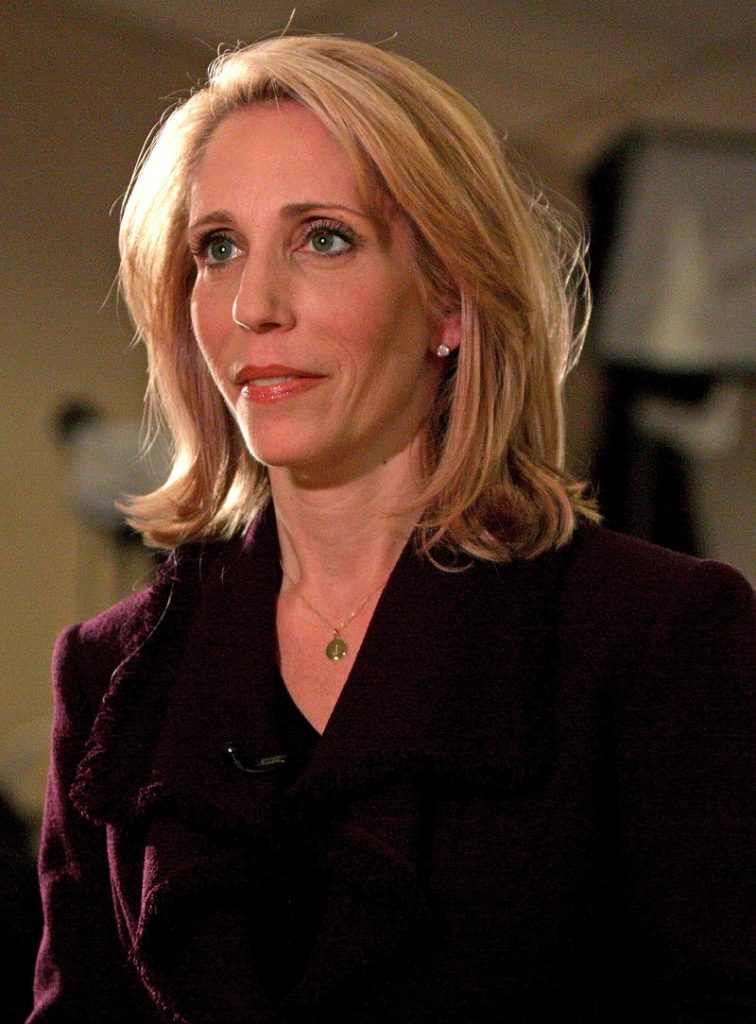
Trump’s remarks were in response to a question from CNN moderator Dana Bash, who asked Biden what he has done for Black voters, given the apparent dissatisfaction among the demographic. Trump accused Biden of allowing millions of immigrants into the country, which he claimed were taking jobs away from Black and Hispanic Americans. “They’re taking Black jobs now and it could be 18, it could be 19 and even 20 million people. They’re taking Black jobs, and they’re taking Hispanic jobs, and you haven’t seen it yet, but you’re gonna see something that’s going to be the worst in our history,” Trump asserted.
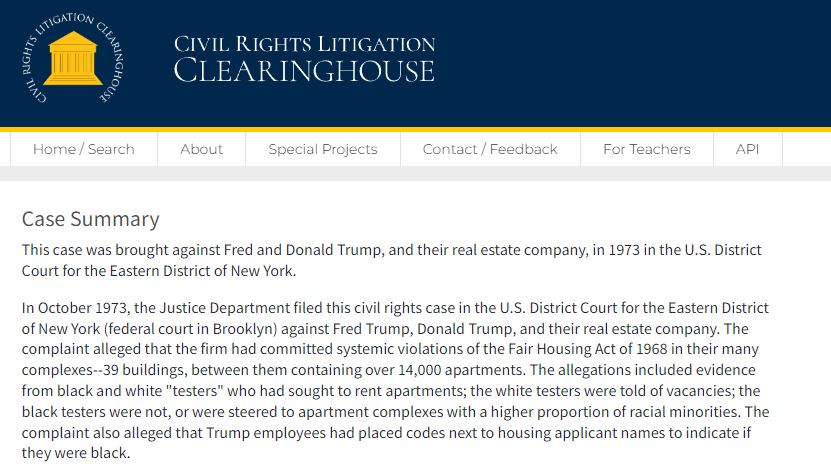
The term “Black jobs” and the context of Trump’s comments have raised serious concerns about his understanding and respect for Black Americans. His history of racially charged rhetoric and discriminatory actions further exacerbates these concerns. In 1973, the Department of Justice sued Trump and his company for housing discrimination against African-American renters. Trump settled the suit without admitting wrongdoing. In 1978, the Justice Department filed another suit, alleging continued racial discrimination, which was settled in 1982. These cases have long been cited by critics as evidence of systemic racism within Trump’s business practices.
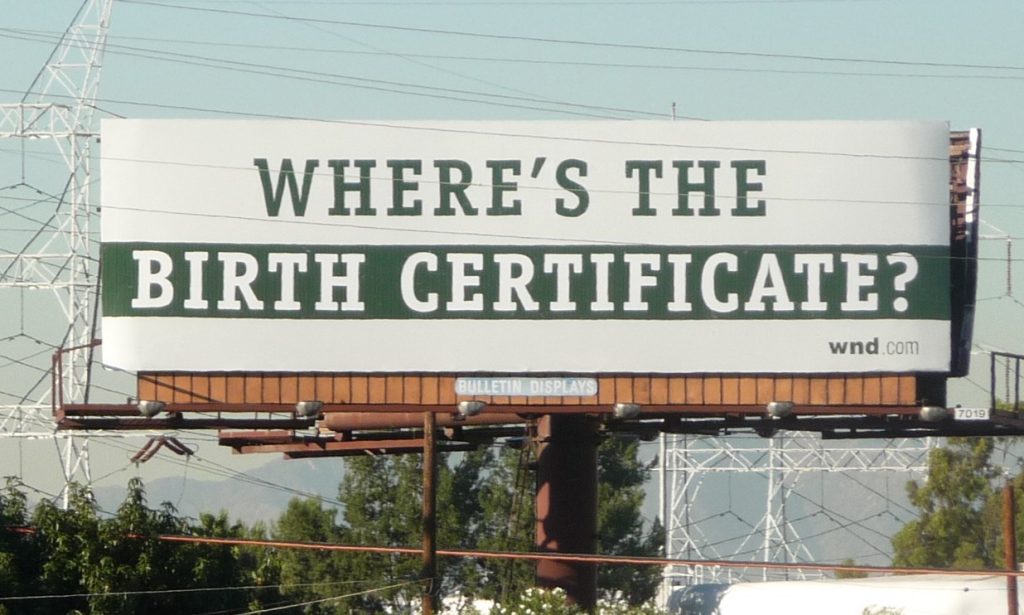
From 2011 to 2016, Trump was a vocal proponent of the debunked birther conspiracy theory, falsely claiming President Barack Obama was not born in the United States. This baseless accusation was widely seen as an attempt to undermine the legitimacy of the first Black president.
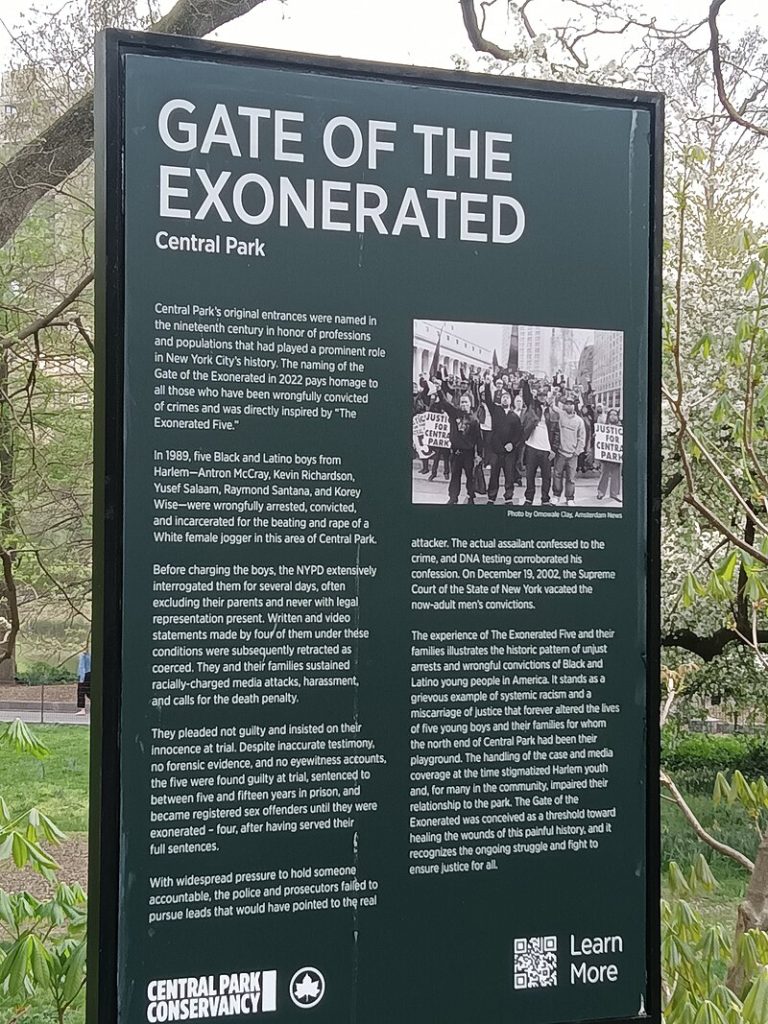
Trump’s insistence on the guilt of the Central Park Five, even after their exoneration, is another instance where his actions have been perceived as racially motivated.
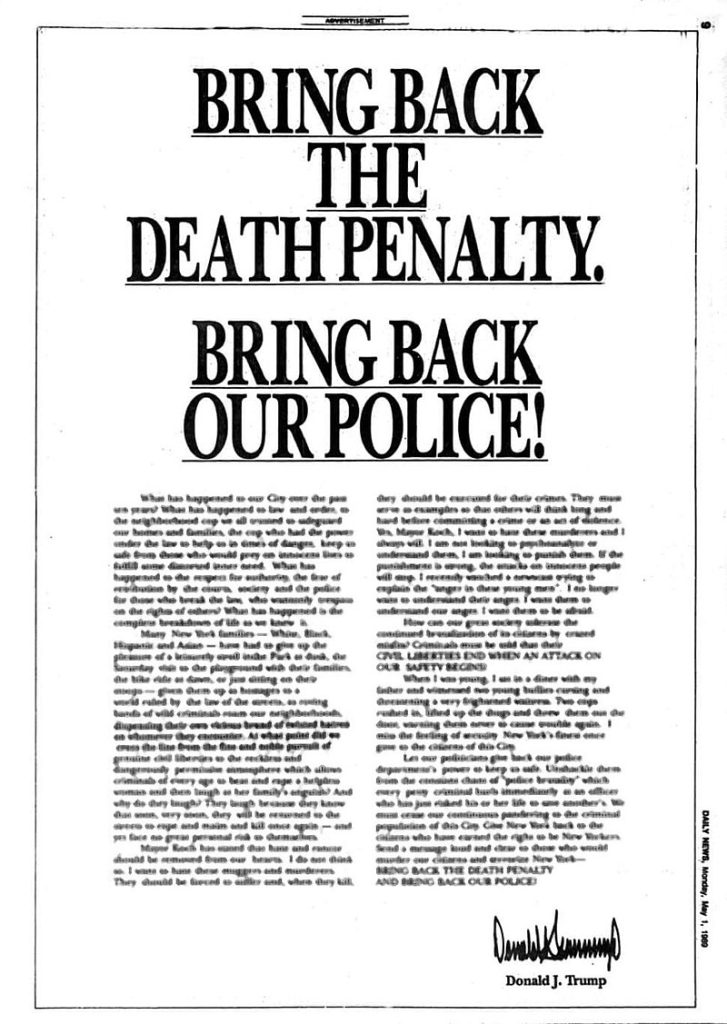
Trump’s 2016 presidential campaign was marked by inflammatory remarks, including those about Mexican immigrants, which many viewed as xenophobic and racist. His statements about Justice Gonzalo P. Curiel and his frequent linking of African Americans and Hispanics with violent crime further fueled accusations of racism. These actions and remarks have been criticized globally and have played a significant role in shaping public perception of Trump’s stance on race.
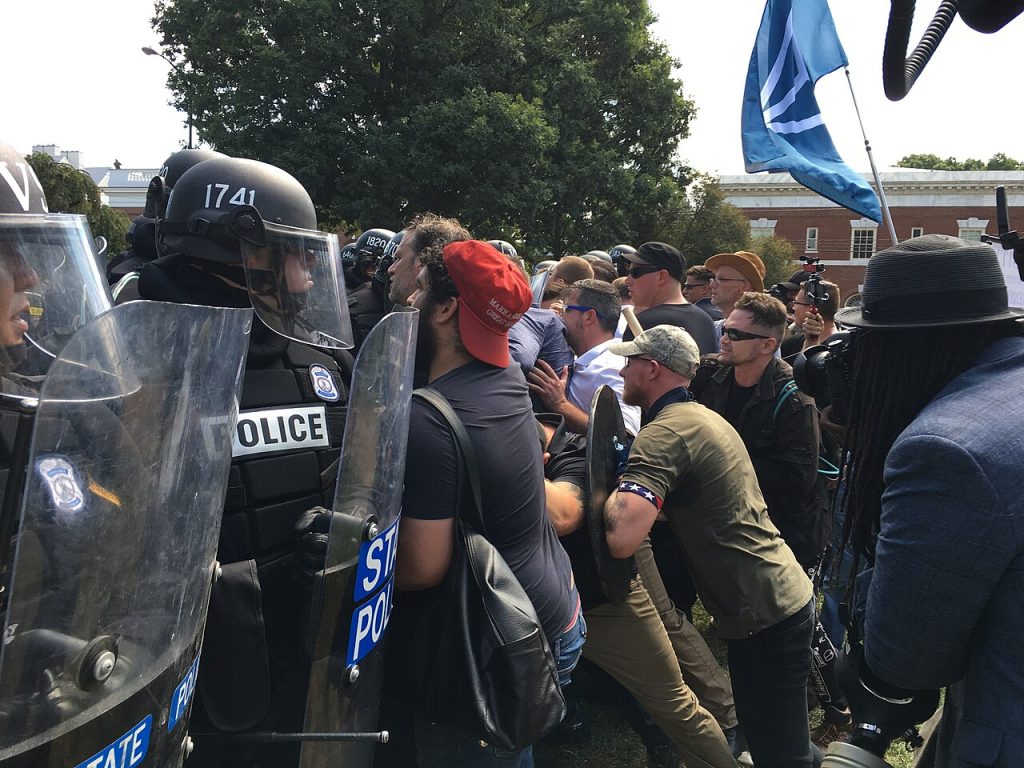
The aftermath of Trump’s comments during the debate has seen a wave of backlash. Many Black Americans have taken to social media and public forums to express their confusion and demand clarification on what exactly constitutes a “Black job.” This debate highlights the ongoing struggle for racial equality and the complex dynamics of employment and economic opportunity in the United States.
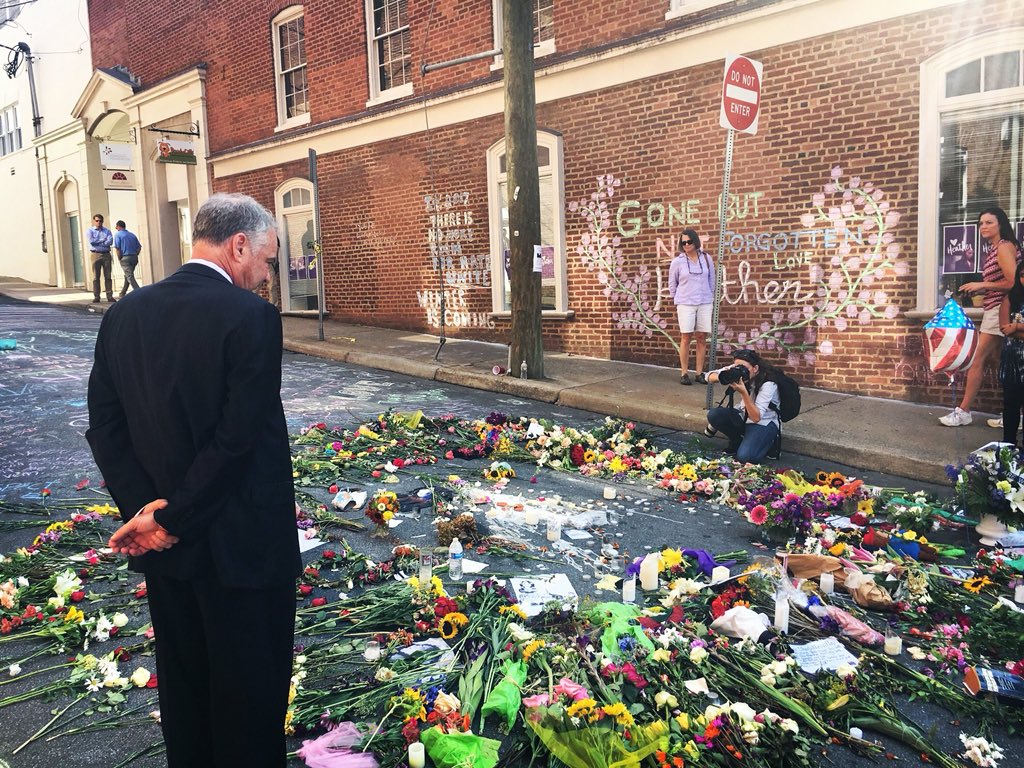
Critics argue that Trump’s history of racist remarks and policies has harmed the Black community. They point to his initial refusal to disavow white supremacist support during his campaigns and his comments following the 2017 white supremacist rally in Charlottesville, Virginia, where he implied moral equivalence between white supremacist marchers and those who protested against them as “very fine people.” Such statements have been widely condemned and have significantly impacted his relationship with minority communities.
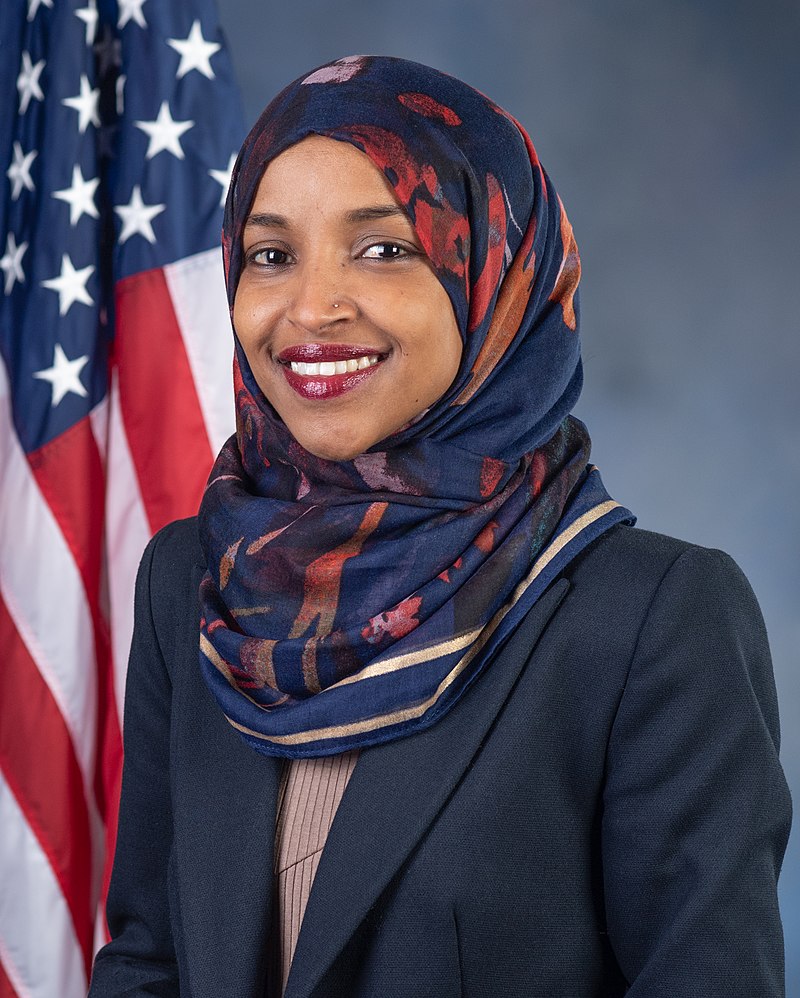
In 2018, during an Oval Office meeting about immigration reform, Trump allegedly referred to El Salvador, Haiti, and African countries as “sh1+holes,” which was widely condemned as a racist comment. In July 2019, Trump tweeted about four Democratic congresswomen of color, three of whom were American-born: “Why don’t they go back and help fix the totally broken and crime-infested places from which they came. Then come back and show us how it is done.” News outlets such as The Atlantic criticized this comment as a common racist trope.
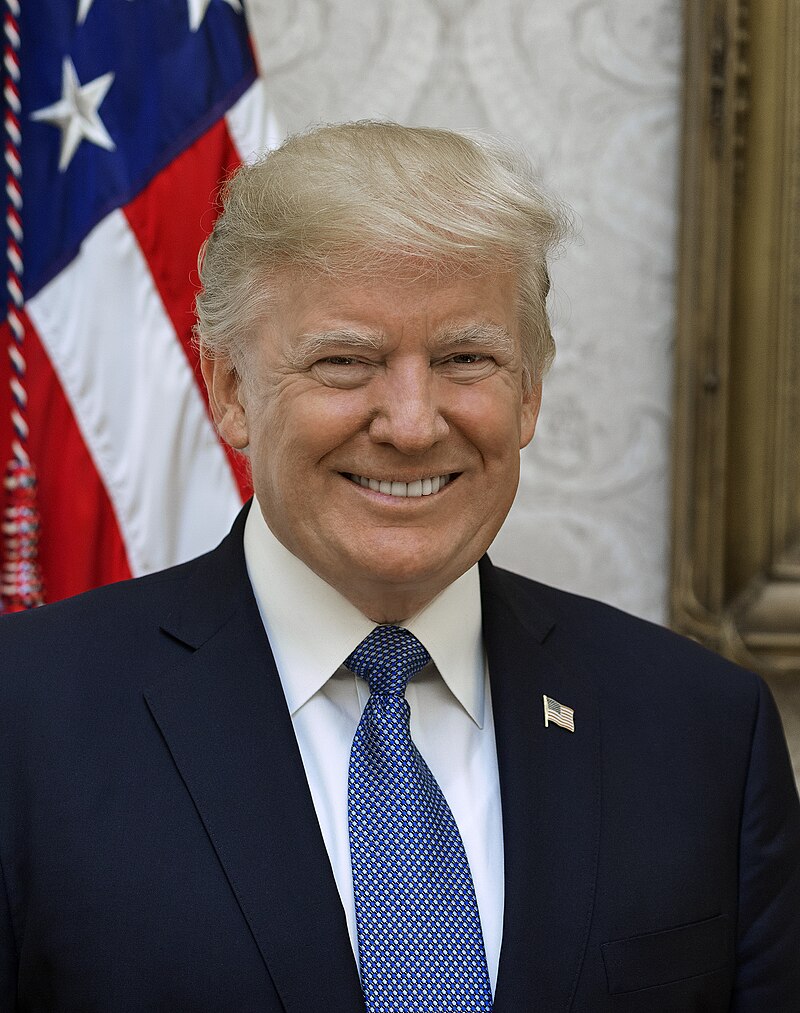
Trump’s controversial statements have been condemned by many observers around the world, but excused by some of his supporters as a rejection of political correctness and by others because they harbor similar racial beliefs. Several studies and surveys have shown that racist attitudes and racial resentment have fueled Trump’s political ascendance and have become more significant than economic factors in determining the party allegiance of U.S. voters.
As the 2024 election approaches, these issues will undoubtedly remain at the forefront of political discourse. Both Biden and Trump will need to address the concerns of Black voters, who play a crucial role in the electoral process. The controversy over Trump’s comments underscores the importance of clear and inclusive rhetoric when discussing policies that impact diverse communities across the nation.

